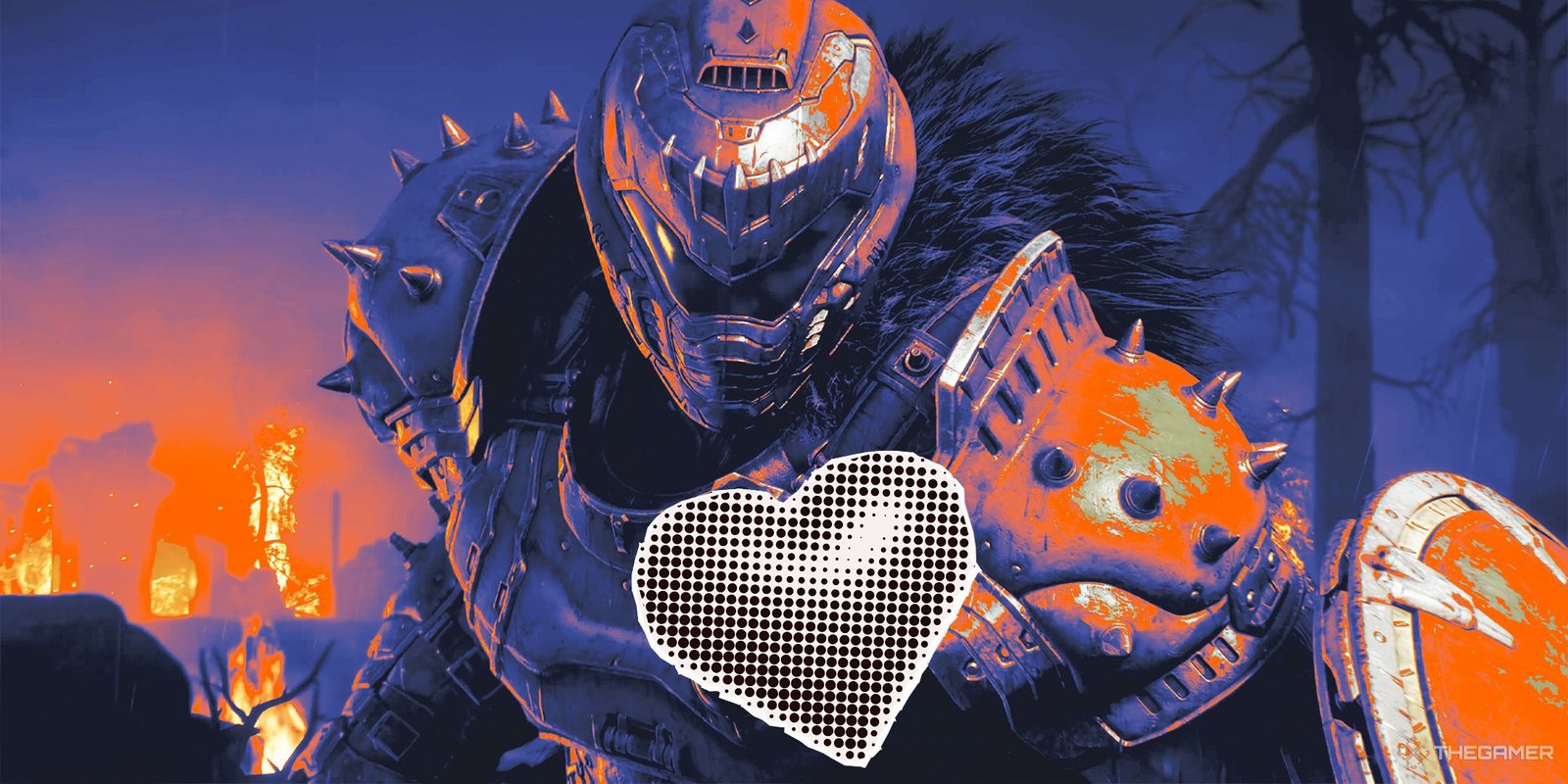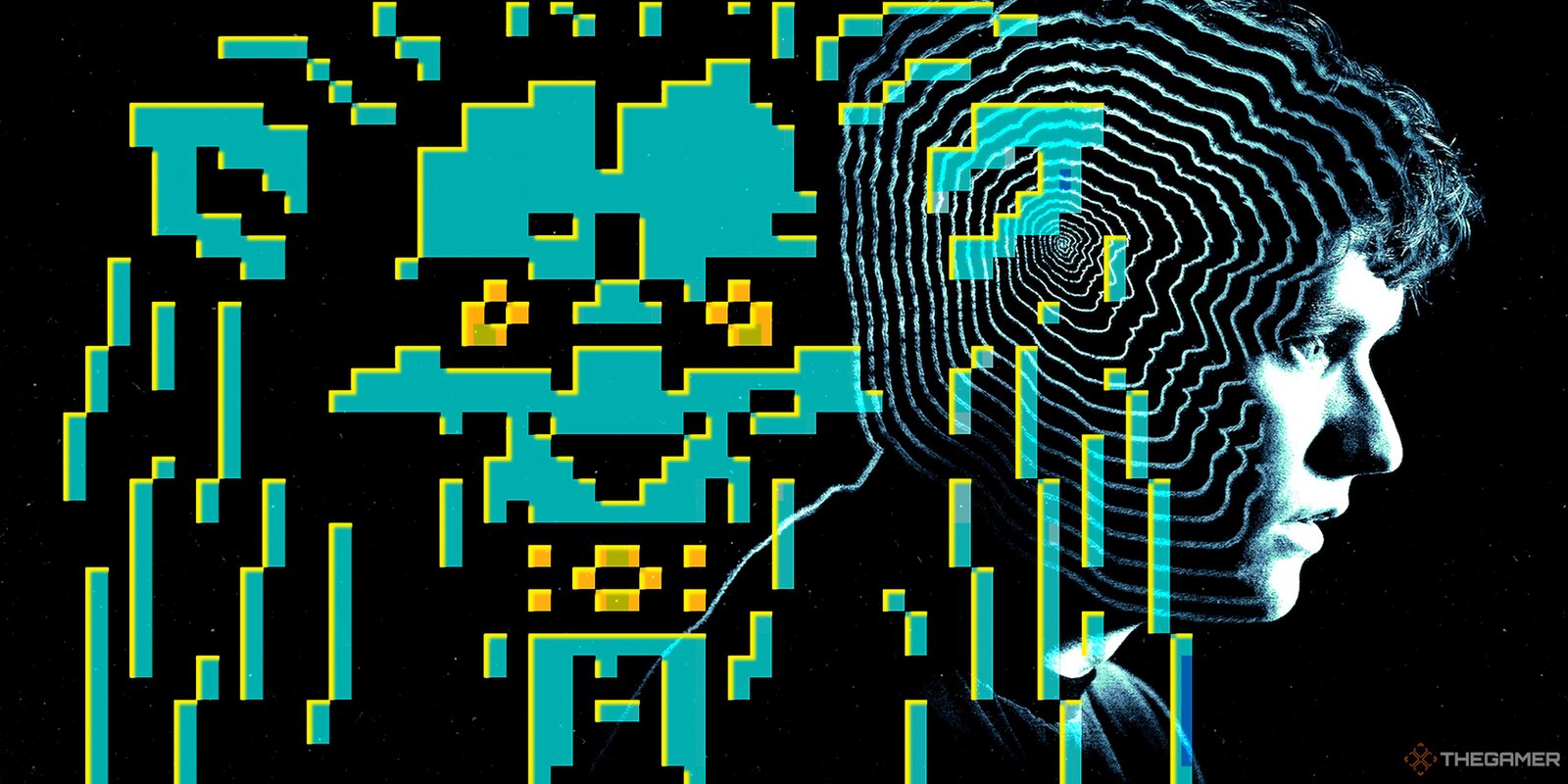Doom: The Dark Ages is the latest in a long line of games for which the physical release is basically just a download code for the actual game. Less than a GB of the game’s content is actually contained on the disc. So in order to play Doom: The Dark Ages on PS5 or Xbox, players who picked up the physical edition still need to download the vast majority of the game.
At a baseline, this is really obnoxious and inconvenient. As difficult as it might be to believe, some people don’t have Wi-Fi. They purchase physical editions, in part, so they can still play games without good internet. When I first started as a freelancer in games media, I was barely making any money, and Wi-Fi was one of the difficult cuts my wife and I had to make. I had access to another building where I could download games and play online, but I had to haul the PS4 over there. If I had purchased a game on disc, popped it in my console, only to realize the game wasn’t actually on the disc, I would have been annoyed.
This is the reason I didn’t get into the Hitman series until 3 launched in 2021. I owned a physical copy of 2, but that game’s intrusive “always online” design meant that I could only gain XP and unlock new items when I had a Wi-Fi connection.
This Isn’t The First Time This Has Happened
We’ve seen this happen before. Star Wars Jedi: Survivor is a fairly recent example and, before that, Hogwarts Legacy, Halo Infinite, and Call of Duty: Modern Warfare 2 pulled similar switcharoos, with MW2 going so far as to include none of the game on the disc. It’s deeply misleading, and though many players will only deal with minor annoyance as they wait for the game to download, others will buy the game, then not be able to play it at all.
In addition to being a frustrating obstacle for players, it’s a nightmare for games’ preservation. If you want to play Doom: The Dark Ages 15 years from now, you may just not be able to. You might have access to an Xbox Series X, an Xbox copy of the game, but if the online infrastructure is no longer in place, you’ll be out of luck. You just won’t be able to play a game that you paid for.

Related
Doom: The Dark Ages Does The Impossible And Gives The Slayer A Heart
This unstoppable killing machine is more than meets the eye in Doom: The Dark Ages.
This is already an issue for digital games. When the Wii U and 3DS shops went down, hundreds of games that were download-only went with them. There are a whole lot of PC games that have become unavailable over the years, too. If you’ve had an iPhone or Android for long, there are likely games you bought on earlier models that haven’t been updated for newer phones, rendering them unplayable. Not to mention that digital games can be removed from storefronts over rights issues, as has previously happened with Alan Wake and Alpha Protocol.
For online multiplayer games like Fortnite, I understand the just-sell-a-box approach. That game won’t be playable if it goes offline anyway, so selling a physical version is just a way for players to show that they love the game. In a digital era, this is part of the appeal of physical media. The practical purposes matter more in the big picture, but I own albums on vinyl because I already know that I like them, and want to support the artist with something more than piddly streaming payouts while getting something tangible in the process.
But, physical media isn’t just a fun thing to own. If you love a work of art, physical media allows you to continue to enjoy it, regardless of what happens with its corporate ownership. It’s the reason that the vast majority of Netflix’s original content — like the recently-deleted Black Mirror: Bandersnatch and Unbreakable Kimmy Schmidt: Kimmy vs. the Reverend — not having a physical release is horrible for the future of media studies. If you love Doom: The Dark Ages, you should be mad that your ability to play it is tied to the continued online infrastructure of PlayStation and Xbox. If you bought it, you should be able to play it. End of story.

Next
You Can’t Play Black Mirror: Bandersnatch Anymore Because Netflix Doesn’t Care About Preserving Its History
The absence of a physical release means Black Mirror: Bandersnatch may be lost to time.